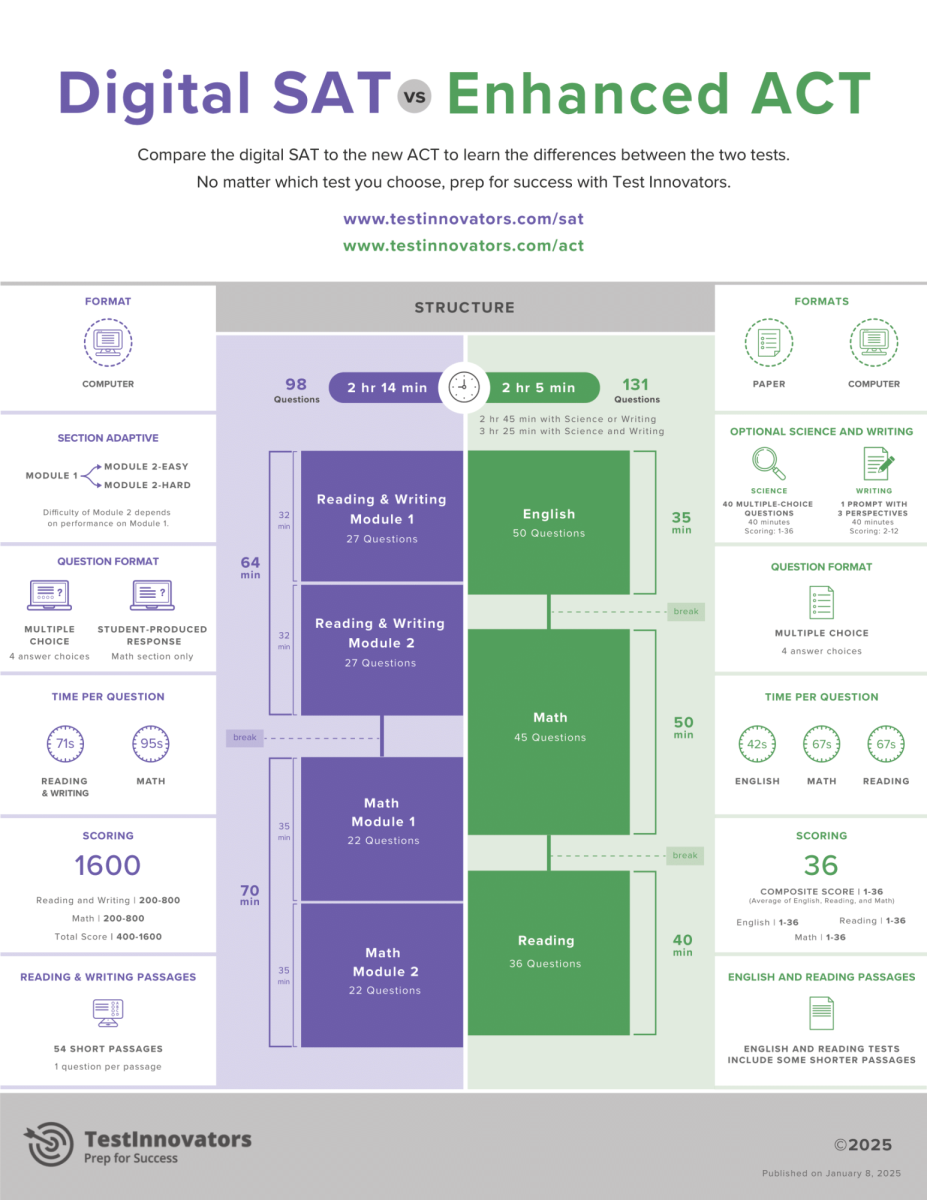On April 8, 2025, the Loudoun County Public School Board passed the revised Policy 5030. This policy included major changes that affected the way students and teachers manage their courses. As a result of this, many Freedom students had to adapt to the new policy, especially upperclassmen that were used to the previous policy.
“In previous years, I had a lot more leeway with my assignments.” said junior Sohum Josyula. “I didn’t have to stress too much, which let me prioritize my schedules a lot differently. I’m going to have to stay up longer to actually complete my assignments from school as well as the assignments from extracurricular activities, which is why I’m getting so little sleep now.”
Only major summative assessments are eligible for retakes. The maximum grade for a retake is 70%, which differs from the previous 80% maximum. These retakes are also only given if the corresponding formative assessments and homework assignments were completed with reasonable effort, which remains the same as it was previously.
“I think it was a pretty ubiquitous experience for teachers, you’re handing out the major assessment, and at least one student says, when’s the retake,” said Justin Stewart-Fritz, AP Psychology and Intro to AP World History teacher. “Well, that kind of signifies they’re treating the first assessment like it’s a formative. That’s not the goal of assessments. It’s not realistic, I think, for jobs and college. I think [now] they’re closer to serving their purpose.”
In the past, late work was typically accepted by the end of the quarter with no deduction from the students’ grades. With the new grading policy, however, in most classes late work receives significant deductions based on how many classes late the assignment is as well as not being accepted at all after the major summative assessment associated with the assignment.
“Not being able to take points off for late work is really, really generous,” Stewart-Friz said. “The problem with that is it’s also not realistic when it comes to college, or really, the ‘real world.’”
Formative assessments, which includes homework, can now be counted for up to 10% of the overall grade when they previously were not counted for a grade.
“Personally, [the formative policy] has affected me in a great way, in the sense that I am actually learning more and actually trying more,” Josyula said. “But again, on the flip side, this is causing me to lose out on other activities and other assignments. I end up becoming more exhausted and tired because of how much I have to study when it’s supposed to be a diagnostic.”
The minimum floor grade of 50% remains for students in high school, however it does not apply to Advanced Placement (AP) or Dual enrollment (DE) classes. DE classes are exceptions to all of the grading policies, and can have different policies based on the policies of the respective college or university. At Freedom, the accrediting college for DE classes is the Northern Virginia Community College (NOVA).
“The expectation is that [DE students] are going to follow the same policy that NOVA would,” said Eileen Hammang-Yaworsky, DE English 12 College Composition teacher. “Every DE teacher does it a bit differently, because that’s one of the other nice things about college is that the instructor gets to decide how things are going to run within the policy framework that’s provided by the institution. So if a professor decides to accept late work, they can, and if they don’t, they don’t have to.”































